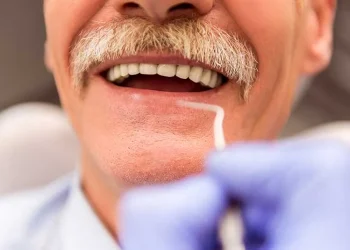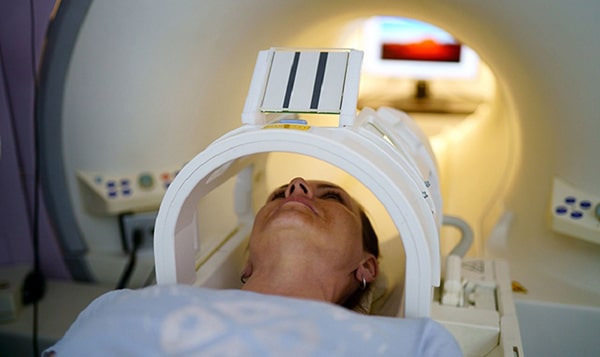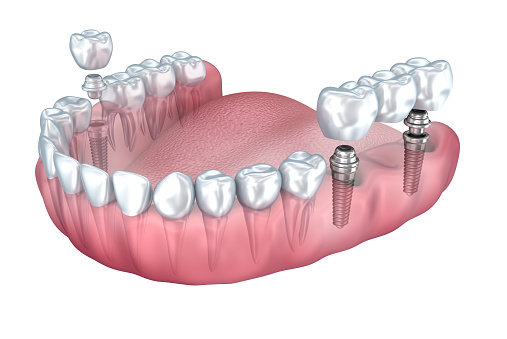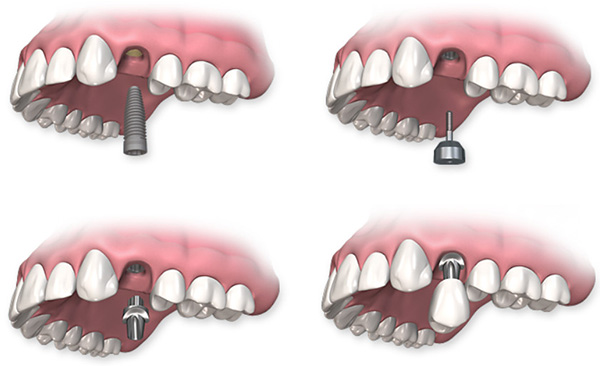Everything You Need to Know About Growing Wisdom Teeth and How it Affects Braces Wearers.
Growing wisdom teeth can be a difficult and uncomfortable process. In many cases, it can cause pain, swelling, and other complications. For those who wear braces, the process can be even more complicated. In this article, we’ll explain everything you need to know about growing wisdom teeth and how it affects braces wearers.
- What are Wisdom Teeth?
- What Are The Signs That Your Wisdom Teeth Are Growing?
- How the Growth of Wisdom Teeth Can Affect Braces Wearers?
- Should You Get Your Wisdom Teeth Removed If You Have Braces?
- What are Wisdom Teeth and Why Do They Grow?
What are Wisdom Teeth?
Wisdom teeth are the third set of molars that start to emerge in the back of the mouth during the late teens or early twenties. As part of the development of wisdom teeth, growth begins to push existing teeth forward, often causing crowding and misalignment that requires orthodontic treatment like braces to correct.
For many people, wisdom teeth do not emerge properly due to lack of space in the jaw or because they are impacted, causing pain, infection, or other dental issues. Impacted wisdom teeth may need to be surgically extracted. According to dental research, an estimated 5 to 35% of wisdom teeth extractions lead to postoperative complications.
Despite their name, wisdom teeth do not make a person wiser! They are called ‘wisdom teeth’ because they erupt later in life when a person is supposedly more mature or ‘wise’. However, wisdom teeth can be problematic and are not always necessary for proper chewing and oral health. Due to the challenges they present, many dentists recommend having wisdom teeth evaluated early to determine if extraction is advisable to avoid future problems and safeguard dental health.
What Are The Signs That Your Wisdom Teeth Are Growing?
If you’re in your late teens or early twenties, you may start to experience some discomfort in the back of your mouth. This discomfort may be a sign that your wisdom teeth are starting to grow. The signs of growing wisdom teeth can vary from person to person, but some common symptoms include pain, swelling, and tenderness in the gums. You may also notice that your jaw feels stiff or sore. These symptoms can be caused by impacted wisdom teeth, which means that the teeth are not able to fully emerge from the gum line.
Impacted wisdom teeth can lead to more serious problems if left untreated, such as infection or damage to adjacent teeth. In addition to pain and swelling, other symptoms of impacted wisdom teeth include bad breath, difficulty opening your mouth, and a foul taste in your mouth.
If you’re experiencing any of these symptoms, it’s important to see your dentist as soon as possible for an evaluation. Your dentist can take X-rays to determine the position of your wisdom teeth and recommend the best course of treatment.
In some cases, the wisdom teeth may need to be removed to prevent further complications. However, not all wisdom teeth need to be removed, and your dentist will work with you to determine the best approach for your situation. So, if you’re experiencing pain from growing wisdom teeth or any other symptoms of impacted wisdom teeth, don’t hesitate to seek professional dental care. Early intervention can help prevent more serious problems down the road and keep your smile healthy for years to come.
How the Growth of Wisdom Teeth Can Affect Braces Wearers?
The growth of wisdom teeth, also known as third molars, can complicate orthodontic treatment such as braces. As wisdom teeth emerge, they can damage the surrounding teeth and gums and cause crowding, inflammation, and pain. For braces wearers, impacted or partially impacted wisdom teeth pose additional problems that can disrupt orthodontic treatment. Besides, Hanoi dentist prices extraction costs will also be a factor that makes it difficult for customers in the process of wanting to remove them.
Wisdom teeth typically emerge between the ages of 17 and 25, the same age range when many orthodontic patients are wearing braces or retainers. As the wisdom teeth grow in, they can collide with braces wires, and brackets, damaging or dislodging them. The wisdom teeth may push against neighboring teeth, causing them to shift out of alignment and negating the progress of braces. In some cases, wisdom teeth become impacted, unable to break through the gums. Impacted wisdom teeth can lead to cysts or tumors and damage to nearby teeth roots.
To avoid complications from wisdom teeth growth during orthodontic treatment, many dentists and orthodontists recommend the extraction of wisdom teeth before or during braces placement. Wisdom teeth removal eliminates the risk of braces damage, infection, and tooth shifting. For patients with impacted wisdom teeth, extraction is often the only option to prevent damage to neighboring teeth. Although wisdom teeth extraction requires surgery and a recovery period, it poses fewer risks and disruptions to orthodontic treatment when performed at the optimal time.
Orthodontic patients with wisdom teeth should communicate openly with private dentist near you and good dentist near you to develop an effective treatment plan. Wisdom teeth should be evaluated early and monitored regularly during orthodontic treatment for signs of complications. By addressing wisdom teeth at the appropriate time, patients can achieve an ideal smile and dental health without disruptions from wisdom tooth problems. Coordinated dental and orthodontic care can help wisdom teeth and braces work together successfully rather than against each other.
Should You Get Your Wisdom Teeth Removed If You Have Braces?
If you currently wear braces, you may be wondering whether you should have your wisdom teeth removed before, during, or after orthodontic treatment. There are pros and cons to the different timelines, and the right decision will depend on the positioning and health of your wisdom teeth.
Removing wisdom teeth before braces can be beneficial if the teeth are already impacted or infected. This eliminates the risk of the braces exacerbating impaction or infection and disrupting the orthodontic treatment. However, if wisdom teeth are still emerging and not causing any issues, removal at this stage may be premature and require a second surgery to address the wisdom teeth sites after braces come off.
Extracting wisdom teeth during braces treatment may be necessary if the teeth become impacted or infected. However, this does introduce some risks, such as dislodging the braces or damaging nearby teeth during the procedure. The orthodontist and oral surgeon will need to work closely together to minimize risks if extraction during treatment is required.
In some cases, it may be best to remove wisdom teeth after braces once the teeth fully emerge and all orthodontic treatment is complete. This avoids potential disruption to braces but requires monitoring wisdom teeth throughout treatment to ensure there are no problems or changes that would necessitate earlier extraction.
Ultimately, the decision to extract wisdom teeth at a particular time should be made carefully by the patient, orthodontist, and oral surgeon. By evaluating the specific position and growth of wisdom teeth, overall dental health, and progress of orthodontic treatment, the most appropriate and risk-appropriate timeline can be determined. It is important not to leave impacted or infected wisdom teeth in place during braces treatment due to the risks of pain, infection, and orthodontic complications.
Dental Clinic Home – 30 Million Vietnamese Dong: A reputable address for wisdom tooth extraction in Hanoi.
When your wisdom teeth cause problems like those mentioned above, you should visit Hanoi’s reputable dental center to have them examined and treated promptly, to avoid unforeseeable complications that may arise.
- The private examination chairs system ensures privacy and cleanliness for each customer.
- Absolute sterility is maintained through a separate sterilization room with 3 sterilization steps that meet the standards of the University Hospital of Hamburg, which was first invested in Hanoi, along with a Melag disinfection machine that meets the highest disinfection standards of the European Union.
- In addition, the highly skilled team of doctors has earned the trust of thousands of patients.
In conclusion, understanding the impact of growing wisdom teeth on braces wearers is crucial for maintaining good oral health. Be sure to consult with your dentist if you experience any symptoms of impacted wisdom teeth.















